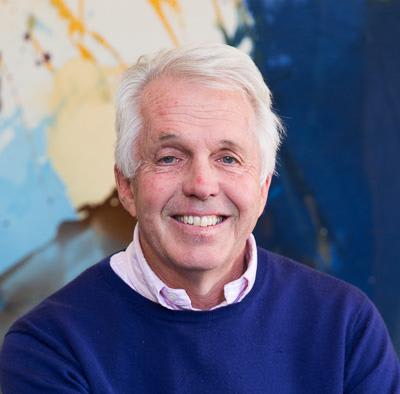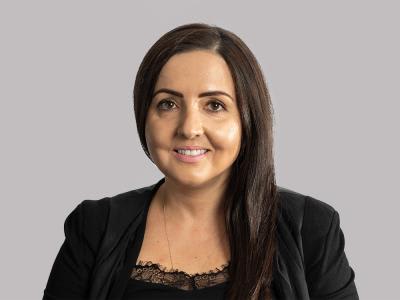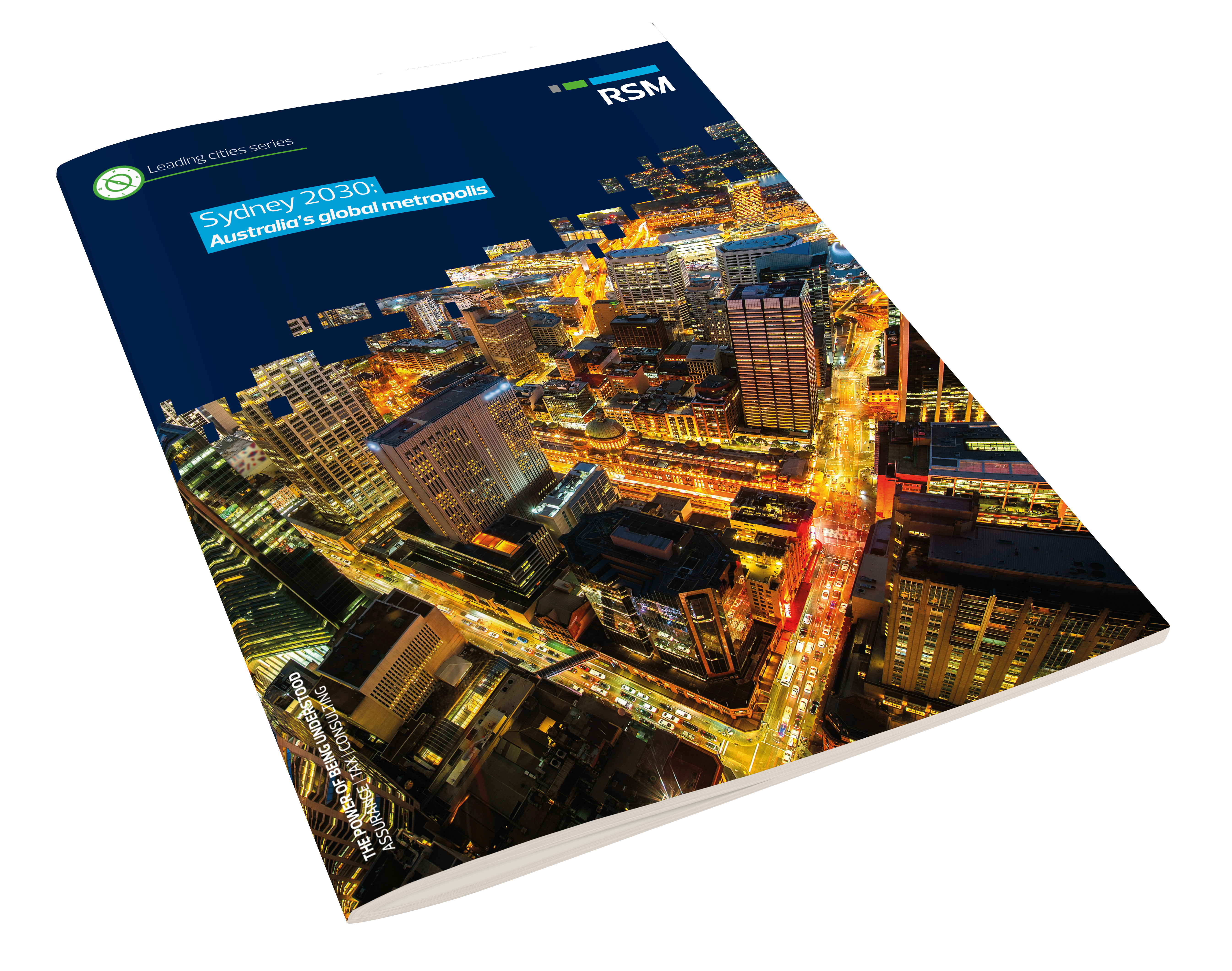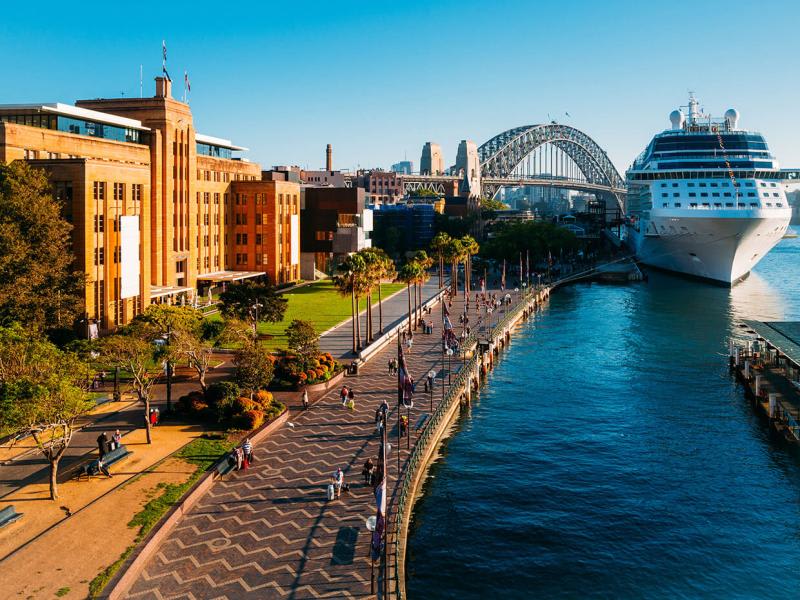Sydney report: Economic and business projections towards 2030
Sydney is Australia’s most iconic city, with plans to become a leading global metropolis by the year 2030.
Sydney's strategic development plan has the Greater Sydney Region embracing technological innovation and sustainable practices to reinforce our position on the global stage.
Sydney has consistently been a dynamic and thriving hub for business, with key sectors such as technology, finance and education. However, significant challenges around housing and higher inflation must be addressed to maintain Sydney’s economic vitality and prevent talent drain.
The city's future will be shaped by the decisive actions of its business leaders and policymakers today.
This report explores the path ahead for Greater Sydney, addressing crucial themes such as emerging economic trends, essential infrastructure development, and proactive strategies to overcome potential challenges.
Download it today.
CHAPTERS IN THE REPORT:
What are the prevalent economic trends for Sydney?
Sydney is currently experiencing moderate growth and is supported by strong economic sectors.
There are indications of a transition towards a more sustainable, innovative, and globally connected economic landscape for the city.
Sydney's position as a financial hub is bolstered by a skilled workforce and a robust regulatory environment. Other positive developments include the establishment of a major tech hub near Central Station, the shift towards a circular economy, and innovation driving growth in the technology, finance, and education sectors.
However, the city is not without its challenges. Inflation in Sydney is higher than the national average, driven by rising rents, education, and insurance expenses.
This persistent inflation problem, combined with higher interest rates, is escalating living and business costs. Negative interstate migration is another worrying trend, with people leaving Sydney for more affordable areas, taking their talent and economic contribution with them.
Sydney must address these challenges to ensure its continued prosperity and prevent a loss of talent.
Devika Shivadekar

“Overall, the Sydney economy is experiencing a balanced, but fairly cautious expansion, driven by public and private sector investments and higher household spending on essential services including electricity, gas and housing. We are also seeing rising business and government investment in machinery equipment.”
Sydney property forecast and infrastructure development
Addressing Sydney’s chronic undersupply of housing
With demand for housing rising ahead of wages, Sydney urgently needs high-density residential developments. Existing homeowners are enjoying an increase in their asset values, entering the market has become a significant challenge, particularly for young people and families.
The city is investing in infrastructure, with projects focused on meeting the needs of its growing population.
Projects such as the expansion of public transportation networks, like the Sydney Metro and light rail extensions, are underway. Additionally, smart city initiatives are being developed to use technology to enhance urban living.
However, competition between the infrastructure and construction sectors for labour and materials is also impacting the housing affordability crisis.
Colin Jowell

"Over the last 10 years, Sydney has been playing catch up when it comes to building critical infrastructure. Poor housing affordability means people are living in all four corners of the city, so it can be hard to bring them all together in the office.”
Sydney business report: Growth and opportunities
Sydney is a powerhouse for mid-market businesses, offering a diverse talent pool and a thriving innovation ecosystem.
Its commitment to new technologies and innovative policies is propelling the city's growth and global competitiveness.
Sydney is an attractive place to operate a business because it offers easy access to investors, customers, and suppliers. But the city’s high costs are a competitive disadvantage for the businesses that operate within it.
To solidify its position as a global business destination, Sydney needs a comprehensive strategy, including economic diversification, affordable housing, and robust environmental management.
“You have to be in Sydney if you're basing a business in Australia”. ~ Colin Jowell, founder, BillWill
Sectors poised for expansion
In Sydney, several sectors show strong potential to expand in the next few years. Here's what's on the rise:
Technology: Sydney's technology sector is undergoing significant growth and transformation, with the CBD being refreshed to include a major tech hub near Central Station, connected to the city’s major higher education precinct. The sector may be more resilient to an economic downturn due to high demand for its services and Australia’s emphasis on building a robust digital backbone.
Manufacturing: The NSW government has unveiled a comprehensive 20-Year R&D Roadmap aimed at propelling the state's and Sydney’s manufacturing sector. There is substantial work taking place at a federal level to support the reinvigoration of the local manufacturing sector, such as the federal government's Future Made in Australia policy, which will support Sydney’s existing and emerging manufacturers.
Finance and banking: Sydney is the main financial hub for the region, bolstered by its robust regulatory environment, sophisticated infrastructure, and a highly skilled workforce specializing in areas such as banking, asset management, and financial innovation. The city’s financial services sector will continue to expand, drawing on the language skills and multicultural workforce global financial firms and businesses require to operate in Australia and connect to the world.
Grace Bacon

“Sydney is the gateway for local banking and financial services businesses to the rest of the world."
Sustainable Sydney 2030
Sydney is incorporating new materials and energy-saving techniques to become a more sustainable and healthier city to live in.
The City of Sydney has outlined ambitious targets in its environmental strategy for 2021-2025, including:
Achieve net zero emissions by 2035
Reduce greenhouse gas emissions by 70 per cent by 2030 from a 2006 baseline.
Ensure 50 per cent of electricity demand is met by renewable sources by 2030.
Sustainable development and urban planning practices
The City of Sydney aims to become a smart city, with urban development plans which prioritise future-focused and sustainable initiatives. The council already only buys renewable energy and is installing rooftop solar on council buildings.
In terms of public transport, the council is dedicated to creating a city that promotes walking, cycling, and public transport, as well as electrifying high-impact transport fleets and establishing a network of electric vehicle charging options. Planning controls are also being introduced to facilitate easy electric vehicle charging for new developments and to retrofit charging options in existing buildings.
Moreover, many Sydney businesses will be required to adhere to mandatory climate-related disclosure regulations for significant enterprises and financial entities. These regulations are aimed at ensuring that large companies annually report on their financial risks, opportunities, plans, and strategies associated with climate change.
Download the report for valuable insights into Sydney’s sustainability strategy >
Workforce and Education Trends
The job market in Sydney is undergoing significant changes due to new technologies and emerging job opportunities.
Consequently, the skills required for work are also evolving. To stay competitive in the global job market, Sydney residents are acquiring new knowledge and skills.
In terms of preparing for future employment, educational institutions and training centers in Sydney play a crucial role. The city is home to several high-quality universities and institutions that offer career training and conduct research. These institutions provide a wide range of courses to help students and working professionals stay ahead in their respective fields.
Enhancing Sydney's talent pool through education
The city of Sydney is home to several world-class universities, making it a popular destination for international students. Although many students returned to their home countries during the COVID-19 pandemic, Sydney's higher education sector is now welcoming overseas students once again. Sydney has the potential to further enhance its higher education system to remain appealing to international students.
Moreover, there is a need to focus on developing skills in both traditional and green manufacturing sectors. Migration could help address these skill gaps, but it's also important to provide greater emphasis on training local individuals through TAFE courses and apprenticeships.
Enhancing Sydney's talent pool through education
As technology keeps getting better, Sydney is going to need people with certain skills more and more by 2030.
Here's what will be in high demand:
- With technology becoming increasingly integral to our lives, it's essential for everyone to be proficient in using digital tools, interpreting data, and staying updated on new technological advancements.
- Critical thinking and problem-solving skills will continue to be crucial, even as automation displaces certain types of work.
- Innovation and creativity will continue to be valuable skills, helping businesses grow fast and stay ahead. Being flexible and resilient to change and overcoming challenges. The world is constantly changing, so it's important to adapt when things don't go as planned.
Troy Uleman

"There is a very strong architecture education system, so the talent pool in Sydney is extraordinary, which is true across Australia. Graduates have a good technical and practical understanding of their field."
Tourism, Culture and Recreation in Sydney 2030
Sydney's tourism and hospitality sector is a key part of the city's economy, attracting millions of visitors with its landmarks, cultural offerings, and dining experiences. The city invests in arts, culture, and creative industries through funding for galleries, theatres and public art.
Policies have been implemented to improve visitor experiences, promote Sydney globally, and ensure sustainable growth through infrastructure investment and marketing campaigns. However, the sector faces challenges such as staffing issues and the need for better workforce training and job quality.
The industry's reliance on a mix of local workers, international students, and working holidaymakers creates staffing challenges due to labour source fluctuations.
Additionally, there's a need to address concerns about workforce training, job quality, and balancing a competitive business environment with fair working conditions.
Tackling these challenges is crucial for the continued success of Sydney's tourism and hospitality sector, ensuring its appeal to visitors worldwide.
Learn more about how Sydney is making sure to stay at the top of everyone's travel list >
Nigel Dickson

"Sydney is evolving in the same way New York went through that really exciting jazz era. We're going to see culture, music and arts lead the charge.”
FOR FURTHER ENQUIRIES, CONTACT OUR TEAM:







ACKNOWLEDGEMENTS
Thank you to the following individuals for their valuable input:
David Cochrane –
Director / Sales Manager, Emotif
Rupal Isman -
Director, Sydney Knowledge Hub
Deane Waldron -
Managing Director, Trade Advertising
Paul Nicolaou -
Executive Director, Business Sydney
Simon Hickey -
Chief Executive Officer, Western Sydney Airport
Marc Gibson -
Director, Strata Sense
Nigel Dickson -
Managing Director, Dickson Rothschild
Craig Rochat -
Group CEO & acting CFO, Land of Plenty
Troy Uleman -
Director & Sydney Studio Leader, John McAslan + Partners
John Ralph -
Head of Gawura K-12
Nick Abrahim -
Chief Executive Officer, NSW Taxi Council
Colin Jowell -
Founder, BillWill











